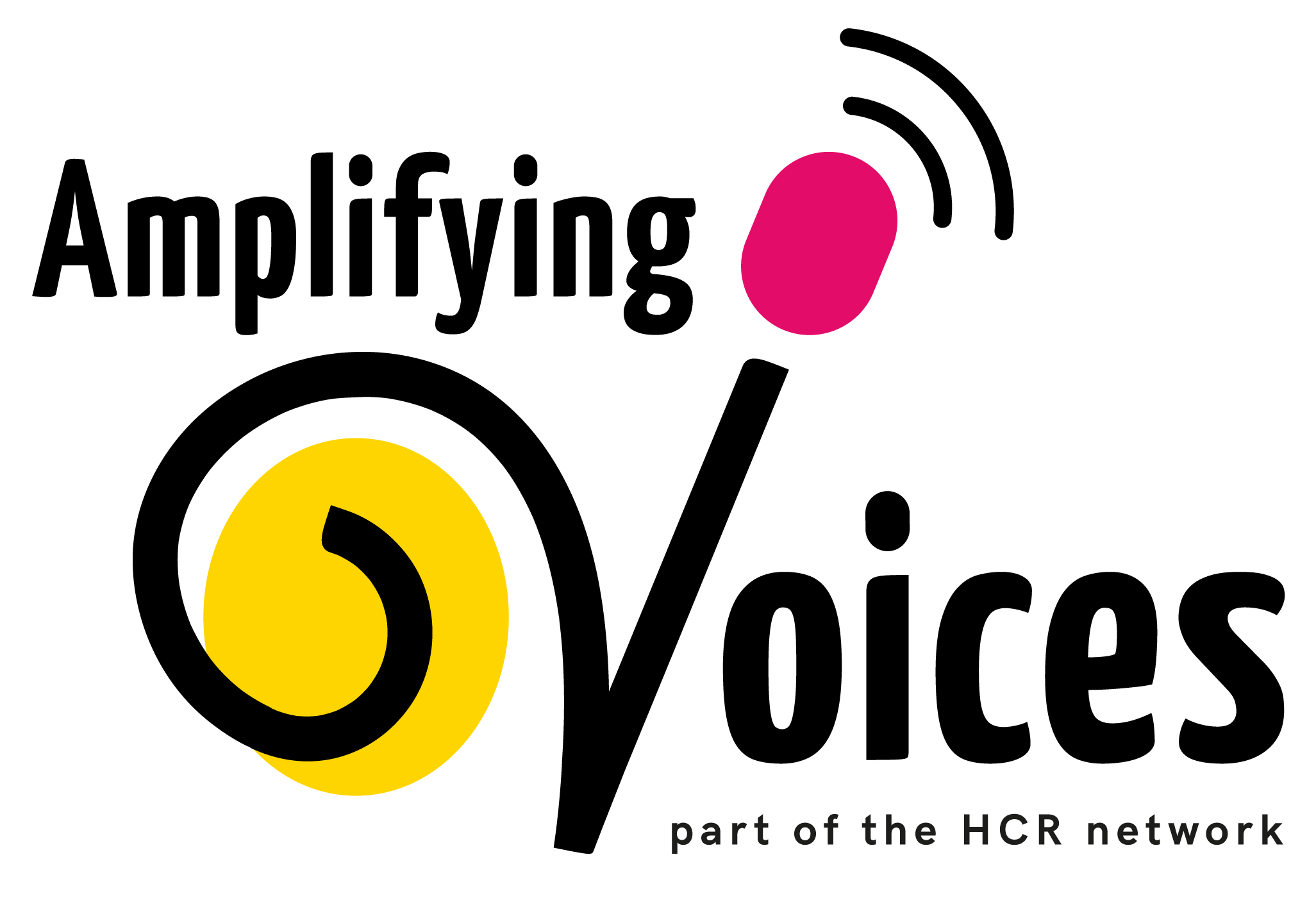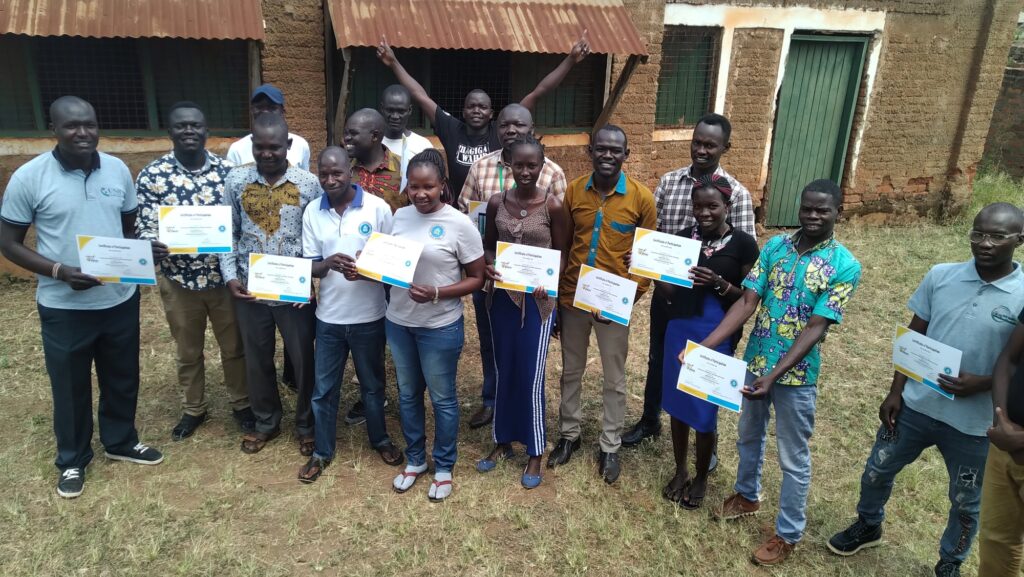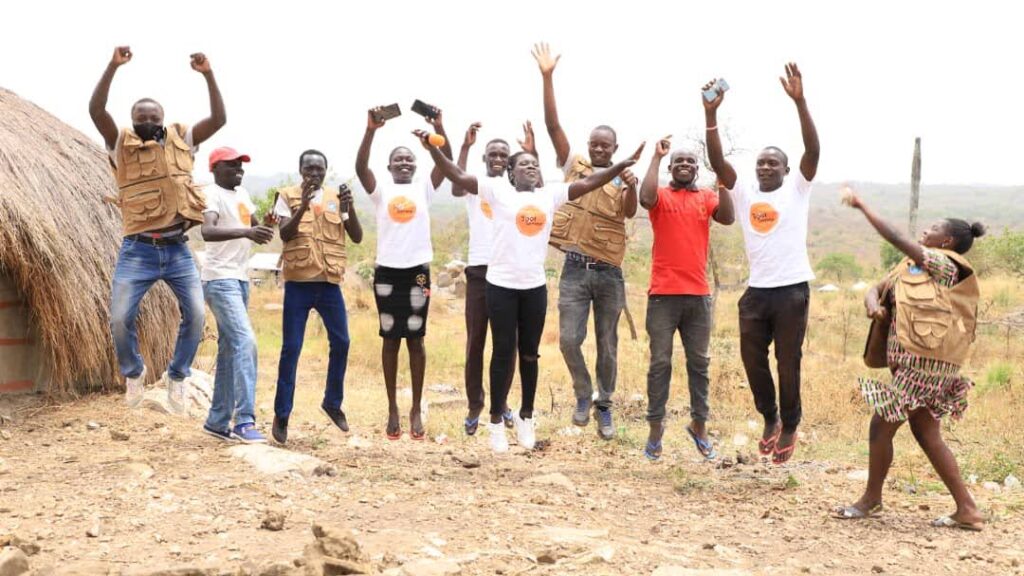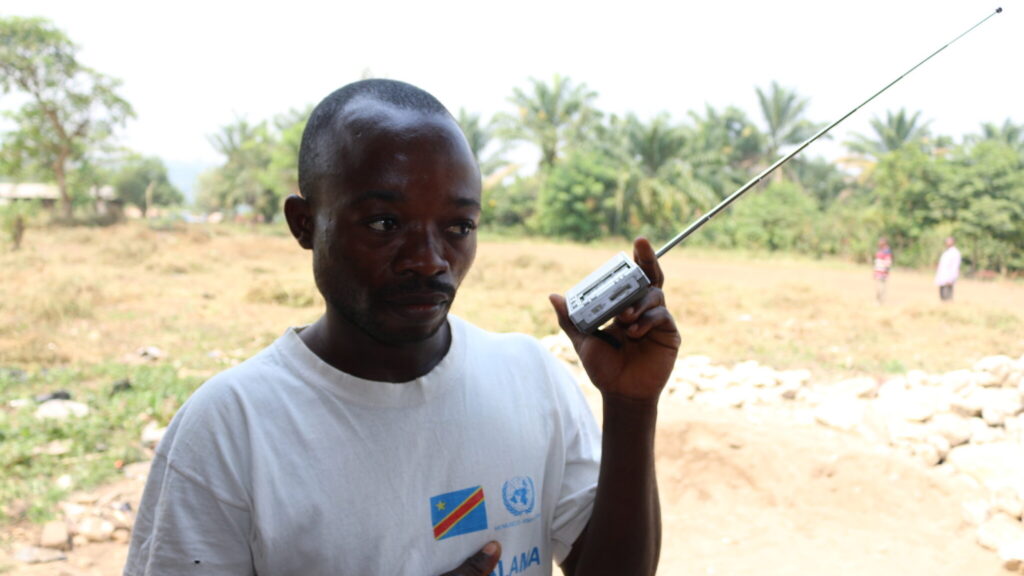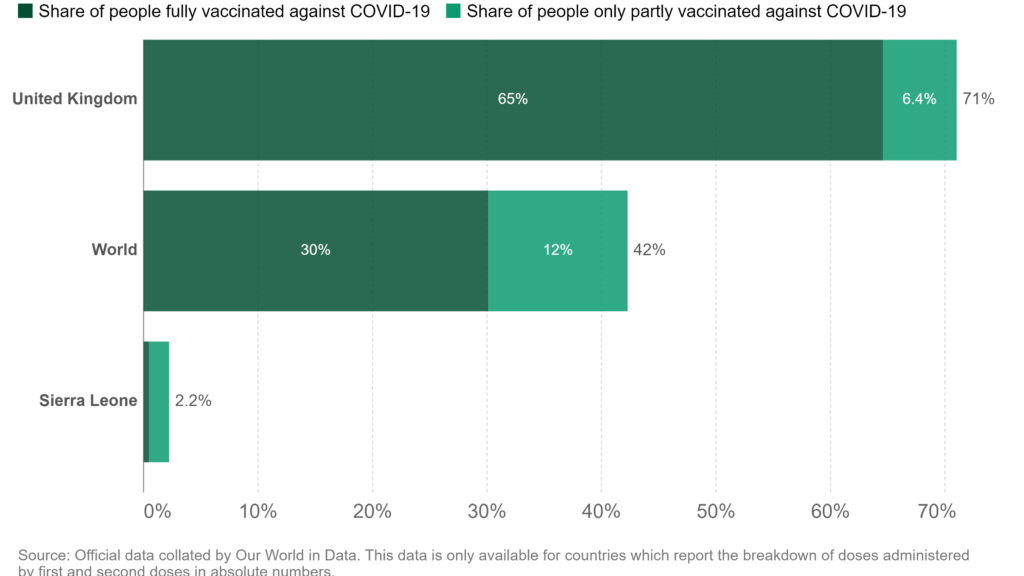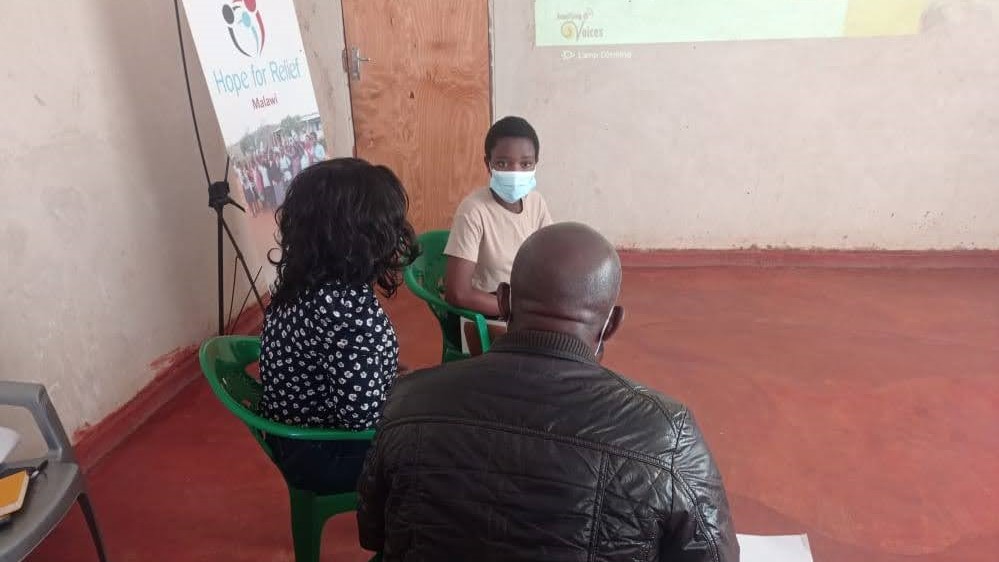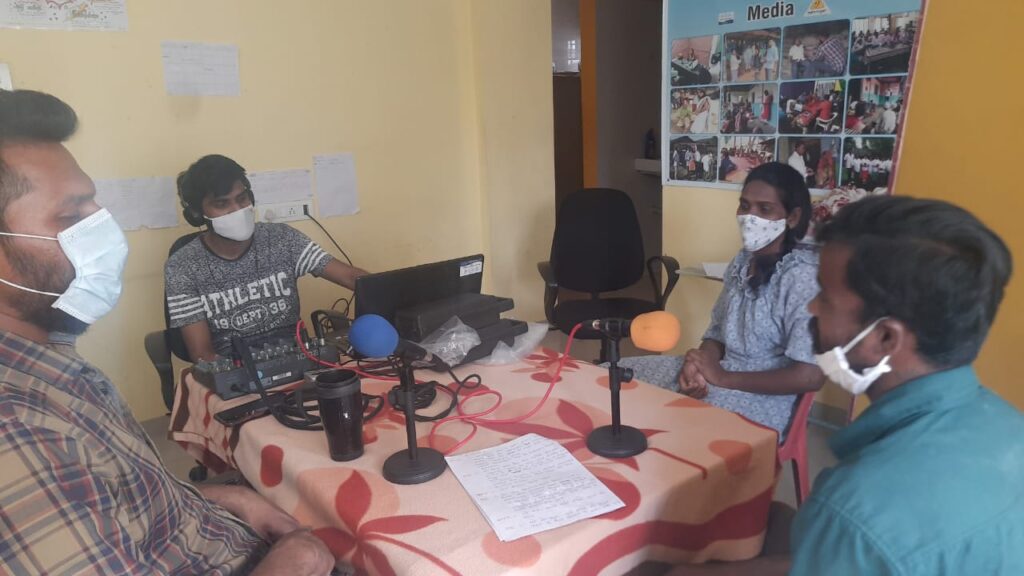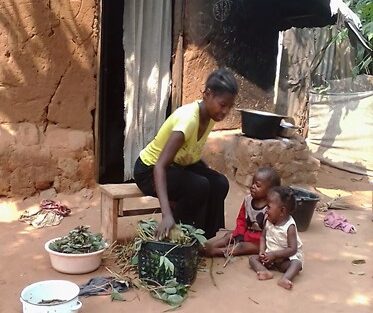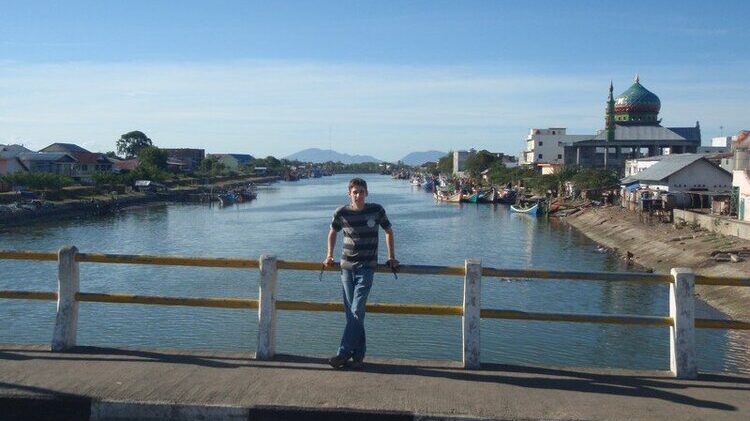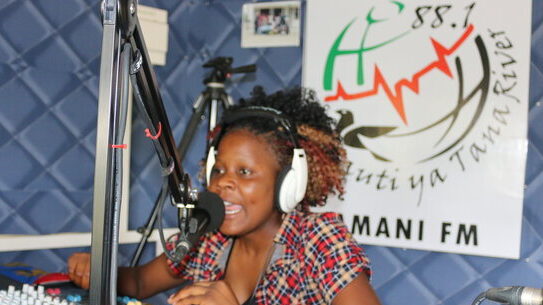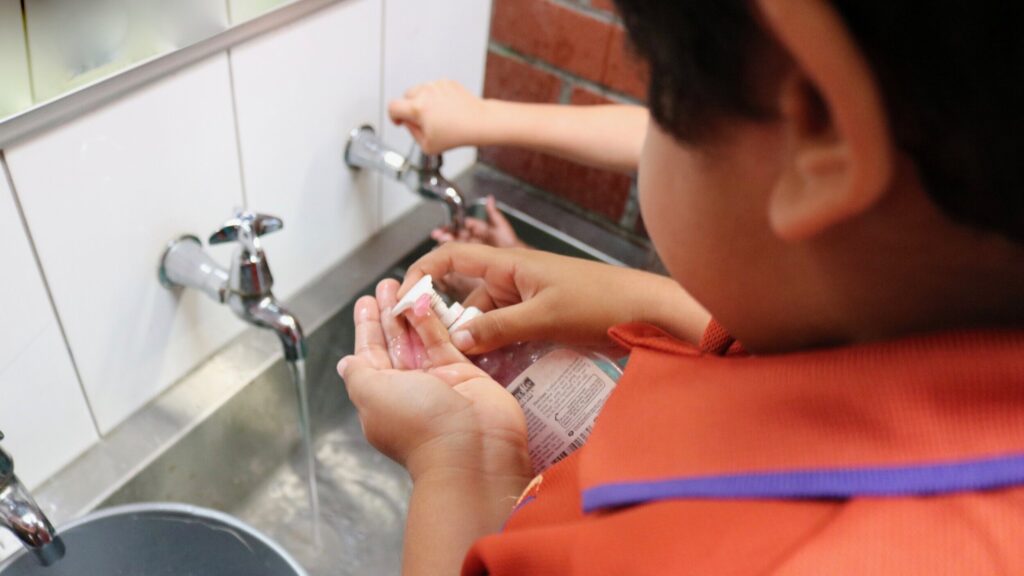Misinformation
This page is a list of posts in which we talk about partners using community-centred media to tackle or prevent misinformation.
As our team explores new community radio opportunities in sub-Saharan Africa this month, we’re convinced that radio remains the single most powerful medium for community development in the region.
Read MoreAs the Indian health system buckles under the strain of a Corona virus surge that has eclipsed anywhere else in the world, our partners in Maharashtra say the pandemic is…
Read MoreOne of my earliest experiences in community centred media took me to Banda Aceh a number of years after the tragic tsunami in 2004. Five years on and the devastation was clearly still visible. Research by colleagues with disaster response found in that initial critical phase of the disaster, people weren’t necessarily prioritising items that we would associate with primary needs such as food, water, shelter but the most important need was information.
Read MoreIn a health crisis, fear can spread faster than a virus, and with that, the potential for hatred and violence. Clear, actionable and trustworthy communication is essential to combat this.…
Read More